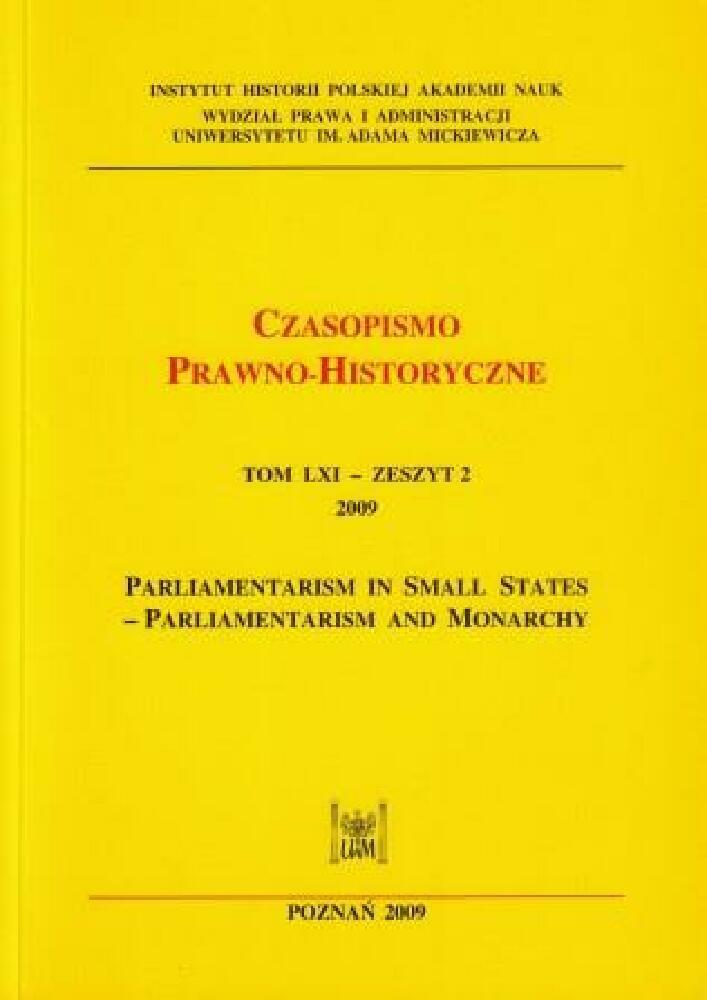Abstract
In The Question of Nationalities and Social Democracy (1907), Otto Bauer sought to reconcile nationalism and socialism while anticipating the introduction of universal suffrage in Austria. To this end, he referred to Friedrich Naumann’s suggestion that imperial sovereignty could be wedded to the power of the people through the concept of “Caesarism.” Caesarism, a fairly well-known idea by the early twentieth century, has been most simply defined as imperial monarchical authoritarianism or as a military dictatorship. However, Caesarism also possessed debatable democratic qualities. Scholars and theorists ranging from Theodor Mommsen to Oswald Spengler to Max Weber defined and redefined Caesarism. Weber particularly associated Bismarck’s role in German politics with classic characteristics of Caesarism. The latter included: a charismatic leader; a broadening of suffrage and growth of mass politics; plebiscitary elections paradoxically combined with a weak parliament and courts; legislation passed by emergency decree; and daily governance managed by a bureaucracy, concealed behind the legitimacy of the imperial leader or monarch. Following Naumann, Bauer defined Caesarism as “the alliance of the old imperial power resting on the force of arms with the force of ... universal suffrage and national freedom.”
...
this article explores connections Austria-Hungary’s Cisleithanian bureaucrats and parliamentarians drew between suffrage reform and federalism. With reference to their studies and proposals, I argue here that democratization via broadened representation in fact sparked a two-tiered decentralization and centralization of the state along lines respectively determined by national and ‘sub-national’ aspects of citizens’ identities. To locate the causal connections between democratic representation and federalism, I define representation as a legal association between identity and state power.
Funding
Digitalisation and OA co-funded by the Minister of Education and Science (Poland) under contract no. BIBL/SP/0002/2023/1
License
Copyright © by Faculty of Law and Administration, Adam Mickiewicz University, Poznań, 2009OPEN ACCESS




